- 1Donald Trump100%
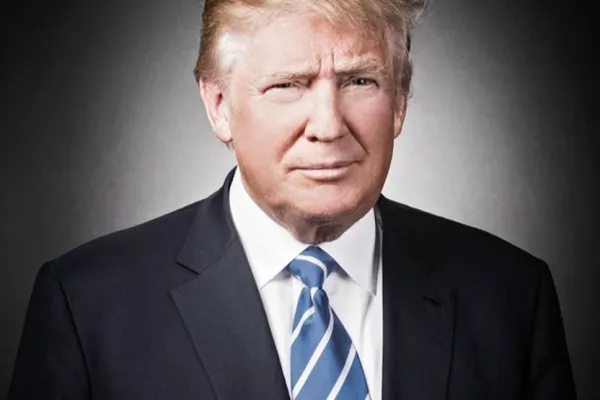
A real estate mogul turned U.S. President, Donald Trump disrupted traditional politics with his populist, nationalist, and unfiltered approach. His presidency was marked by economic policies, trade wars, and social divisions, making him one of the most polarizing political figures in modern history. His influence on conservative populism and media culture remains significant.
- 2Kier Starmer100%
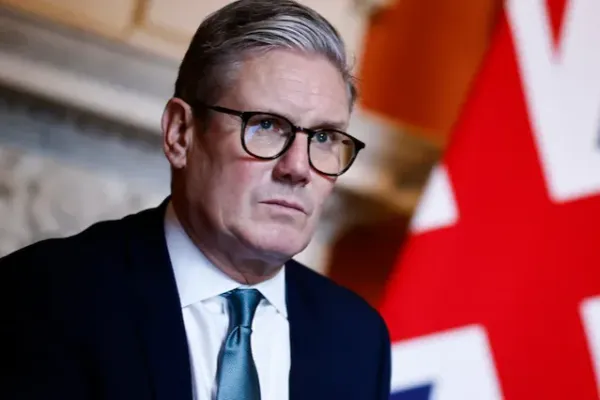
As Leader of the UK Labour Party, Keir Starmer represents a centrist approach to British politics, aiming to revitalize the left and challenge previous Conservative dominance. His leadership focuses on economic recovery, public services, and a post-Brexit vision for the UK, positioning him as a serious contender for future leadership.
- 3Kim Jong-un100%
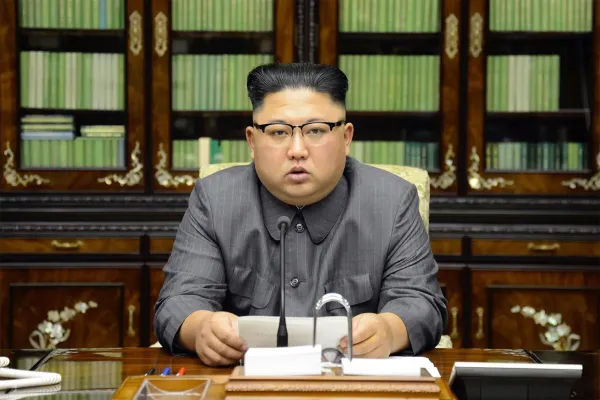
As North Korea’s Supreme Leader, Kim Jong-un maintains a tight grip on one of the world’s most secretive and militarized regimes. His nuclear ambitions, conflicts with the West, and ruthless suppression of dissent make him one of the most unpredictable and feared leaders. His leadership shapes global security, regional tensions, and U.S.-North Korea relations.
- 4Tim Cook100%
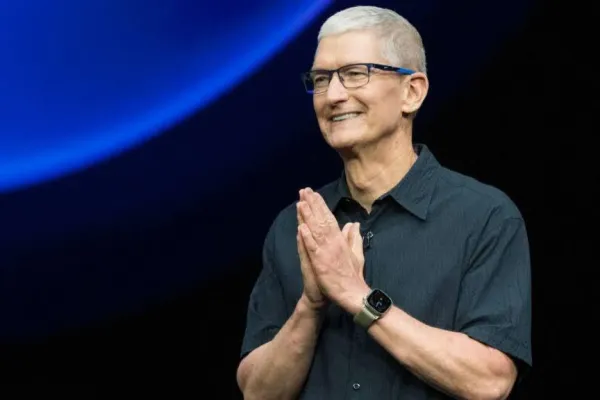
As CEO of Apple, Tim Cook has expanded Apple’s global dominance, focusing on privacy, innovation, and sustainability. Under his leadership, Apple has continued to push boundaries in AI, health tech, and consumer electronics, maintaining its status as the world’s most valuable company.
- 5Vladimir Putin100%
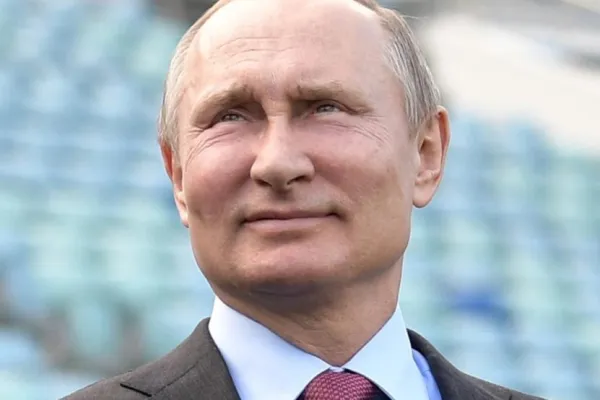
As Russia’s long-standing leader, Vladimir Putin’s rule is defined by authoritarianism, military expansionism, and global influence. His annexation of Crimea, interference in foreign elections, and invasion of Ukraine have made him a central figure in geopolitical tensions and Western sanctions. His iron-fisted leadership ensures his continued dominance, despite domestic and international opposition.
- 6Volodymyr Zelenskyy100%
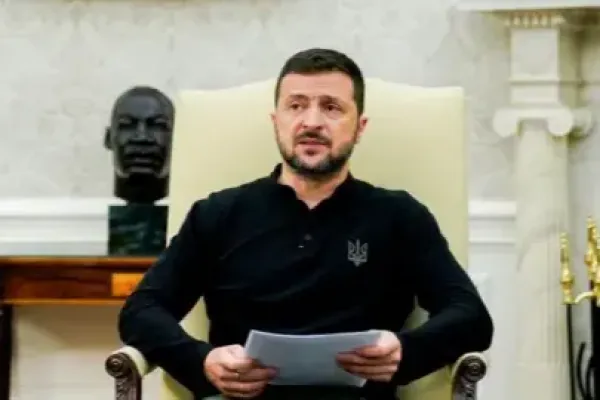
A former comedian turned wartime leader, Volodymyr Zelenskyy became a symbol of courage and resilience during Russia’s invasion of Ukraine. His leadership has unified Ukraine, gained Western support, and reshaped global perceptions of modern warfare. His ability to rally international allies and maintain morale under extreme pressure has made him one of the most admired and influential leaders of the 21st century.
- 7Rupert Murdoch75%
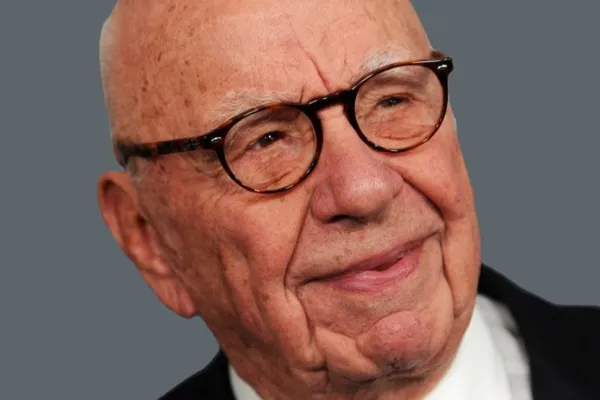
As the media mogul behind Fox News, The Wall Street Journal, and global media networks, Rupert Murdoch has shaped political narratives, public opinion, and right-wing movements worldwide. His influence in U.S., UK, and Australian politics is profound, though controversies over misinformation and media bias have defined his legacy.
- 8Benjamin Netanyahu67%
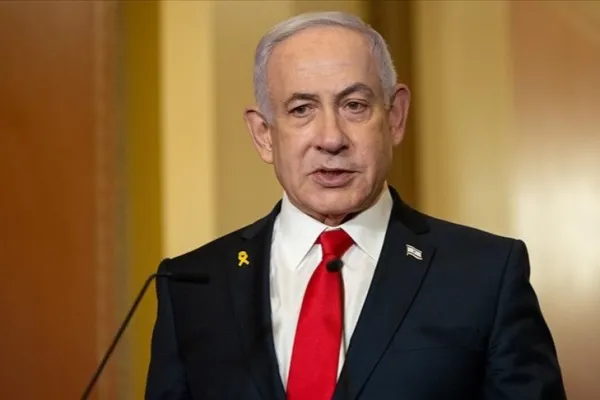
One of Israel’s most controversial and longest-serving prime ministers, Benjamin Netanyahu has played a pivotal role in Middle Eastern politics, shaping Israel’s security policies and U.S. relations. Known for his hardline stance on security and Palestinian relations, he remains a key architect of modern Israeli policy and a divisive figure in global diplomacy.
- 9Jack Ma67%
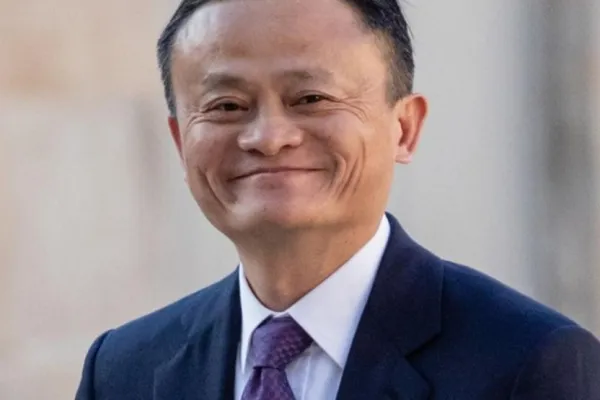
As founder of Alibaba, Jack Ma revolutionized e-commerce, finance, and cloud computing in China, making Alibaba one of the world's largest tech giants. His outspoken nature and disappearance from public life after clashes with the Chinese government highlight China’s regulatory grip on private enterprises, making him a symbol of entrepreneurship and state control.
- 10Jeff Bezos67%
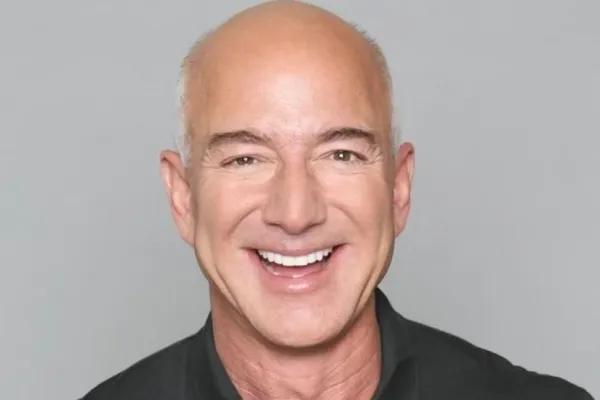
As the founder of Amazon, Jeff Bezos transformed global commerce, cloud computing, and logistics, creating one of the most powerful and influential companies in history. His ventures into space exploration (Blue Origin) and dominance in tech have reshaped industries. His divorce from MacKenzie Scott and relationships have kept him in the public eye, but his impact on e-commerce and modern capitalism is undeniable.
- 11Mark Zuckerberg67%
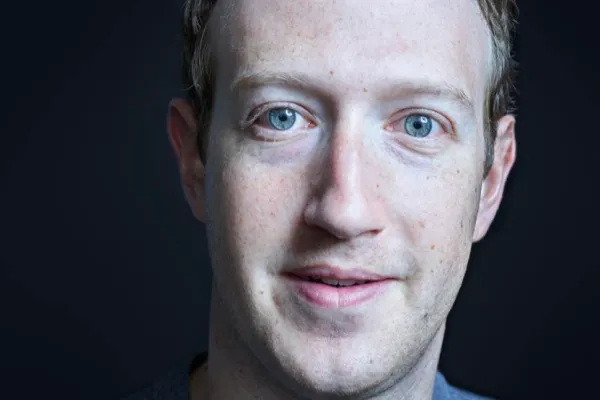
As the co-founder of Facebook (Meta), Mark Zuckerberg has shaped social media, digital advertising, and online communication. His role in privacy controversies, misinformation, and political influence makes him a polarizing but powerful figure. His pivot toward the metaverse and AI signals his ambition to reshape the future of the internet.
- 12Pope Francis67%
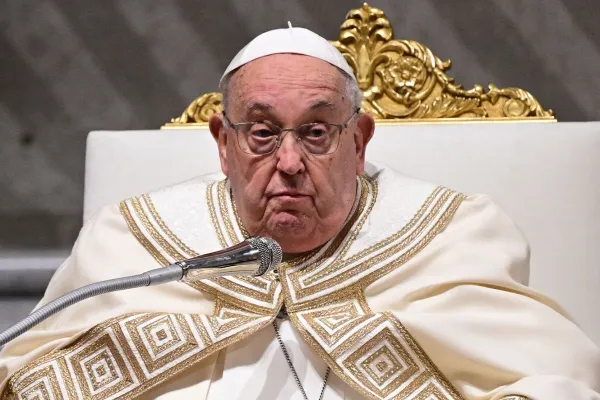
Pope Francis is a transformative leader in the Catholic Church, advocating for climate action, LGBTQ+ rights, social justice, and economic equality. His progressive stance on religious and ethical issues has made him a divisive but influential spiritual figure, modernizing the Church while maintaining its global moral authority.
- 13Xi Jinping67%
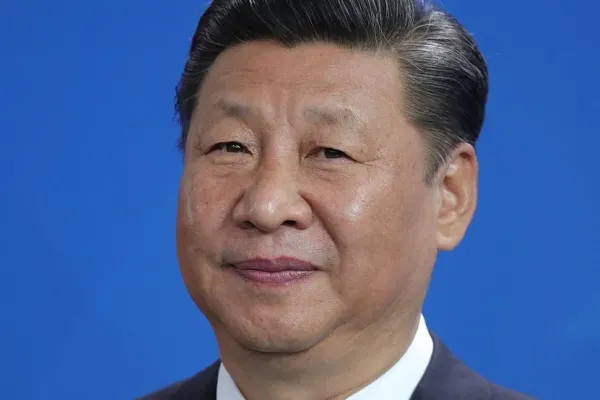
As China’s most powerful leader since Mao Zedong, Xi Jinping has consolidated power, expanded China’s global influence, tightened political control, and advanced China’s military strength. His policies on economic expansion, tech regulation, and aggressive foreign diplomacy make him one of the most formidable figures in global politics.
- 14Emmanuel Macron60%
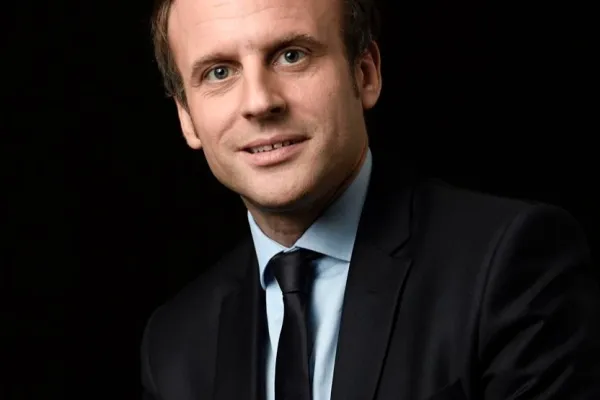
As France’s youngest president (elected in 2017), Emmanuel Macron represents a centrist, pro-EU vision, striving to reform France’s economy, social policies, and international role. His leadership has been challenged by protests and economic struggles, but he remains an important figure in shaping modern European politics.
- 15Angela Merkel50%
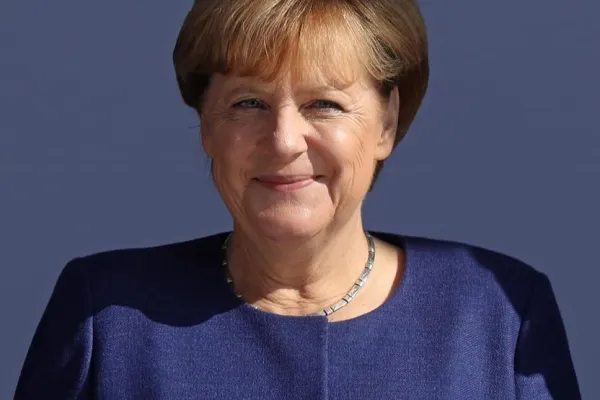
As Germany’s first female chancellor (2005–2021), Angela Merkel was one of the most powerful leaders in Europe, guiding the EU through crises like the Eurozone debt crisis, the migrant crisis, and Brexit. Her pragmatic leadership and scientific approach earned her global respect, and she played a crucial role in shaping modern European politics, often dubbed the “de facto leader of the free world”.
- 16Bill Gates50%
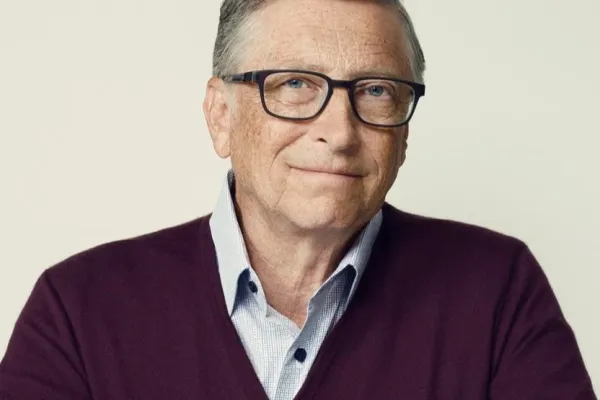
As the co-founder of Microsoft, Bill Gates revolutionized the tech industry, making computers accessible to millions. His transition into one of the world’s leading philanthropists through the Bill & Melinda Gates Foundation has had a significant impact on global health, education, and climate change initiatives, making him one of the most influential billionaires in history.
- 17Elon Musk50%
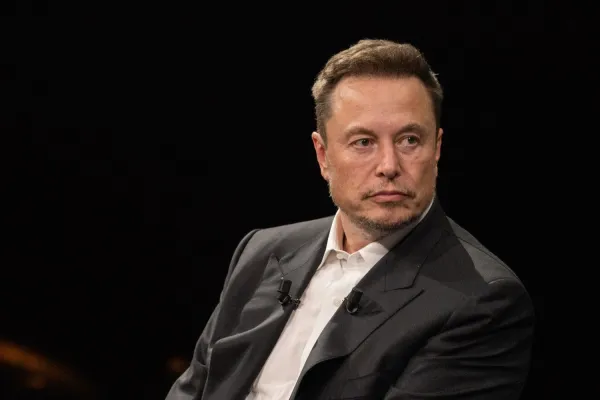
Elon Musk is one of the most innovative and controversial entrepreneurs of our time, leading Tesla, SpaceX, Neuralink, and Twitter/X. His vision for space exploration, electric vehicles, AI, and high-speed transport has reshaped multiple industries. A vocal figure in global discussions, his eccentric personality and business risks make him both admired and debated.
- 18Joe Biden50%
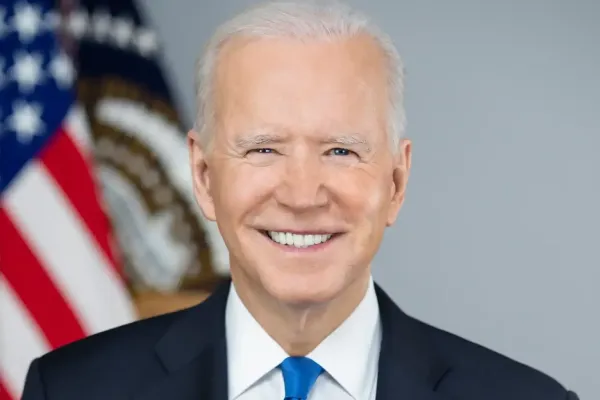
As the 46th U.S. President, Joe Biden focused on restoring alliances, economic recovery, and social reforms after the divisive Trump era. His leadership in climate action, foreign policy (Ukraine, NATO), and infrastructure investment defined his presidency. Despite challenges such as inflation and political polarization, he remains a key player in shaping America’s future and global diplomacy.
- 19Warren Buffett50%
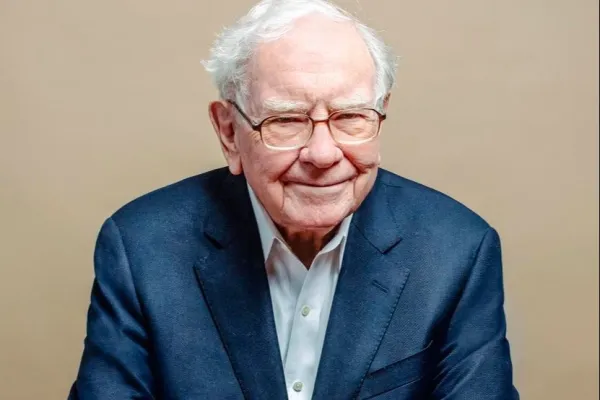
As one of the world’s greatest investors, Warren Buffett is a financial icon, known for his value investing strategies and long-term wealth-building philosophy. His company, Berkshire Hathaway, influences global markets, while his philanthropy through The Giving Pledge cements his legacy as a billionaire dedicated to social good.
- 20Barrack Obama33%
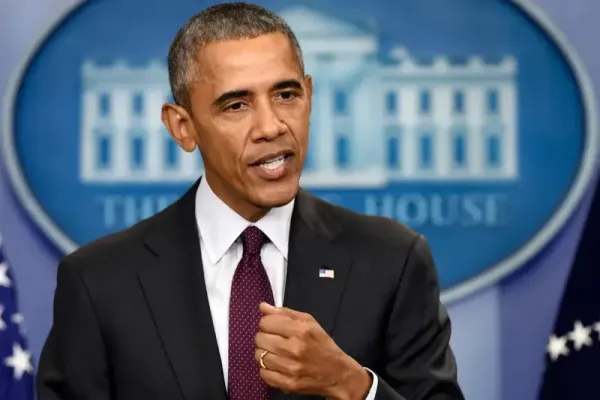
Barack Obama made history as the first African American U.S. President (2009–2017), bringing a message of hope and progressive change. His landmark policies, such as the Affordable Care Act (Obamacare) and climate initiatives, reshaped America. His charismatic leadership, eloquence, and advocacy for racial and social justice continue to inspire people worldwide.
- 21Larry Page33%
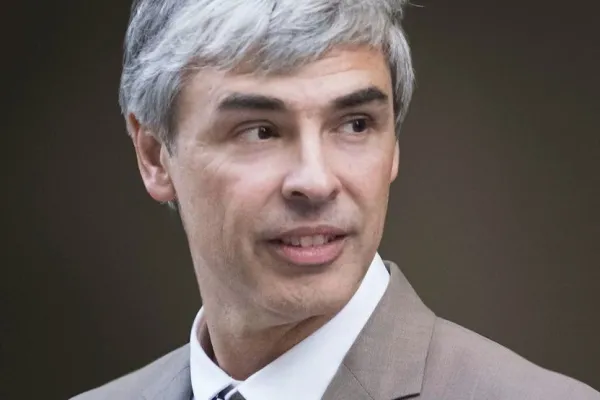
As co-founder of Google and Alphabet, Larry Page helped revolutionize the internet, AI, and digital information. His work in search algorithms, autonomous technology, and artificial intelligence has shaped how billions interact with technology. Though he maintains a low public profile, his contributions to tech innovation and global connectivity are unparalleled.
- 22Narendra Modi25%
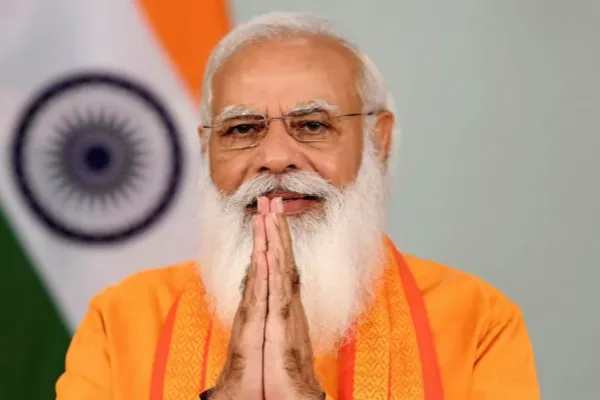
As India’s Prime Minister, Narendra Modi has championed economic growth, Hindu nationalism, and technological advancements, making India a global powerhouse. His policies on infrastructure, digitalization, and foreign relations have strengthened India’s global presence, though critics highlight concerns over democratic backsliding and religious tensions.
- 23Ma Huateng0%
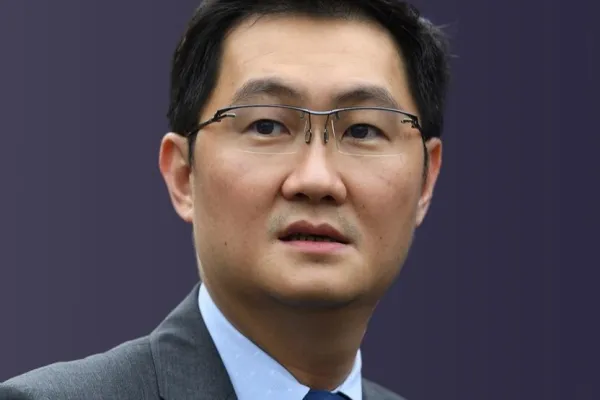
As co-founder of Tencent, Ma Huateng built one of China’s largest tech empires, controlling WeChat, gaming, and AI-driven platforms. His influence in social media, digital payments, and entertainment makes him a central figure in China’s tech rise. However, increasing government regulation of Chinese tech giants has impacted his company’s global ambitions.
- 24Mohammed bin Salman Al Saud0%
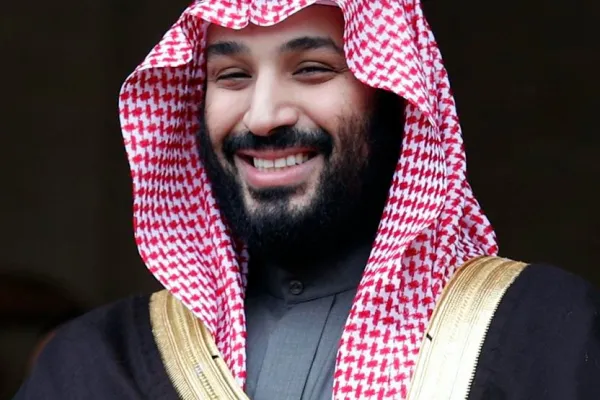
As Crown Prince of Saudi Arabia, Mohammed bin Salman (MBS) is driving economic reform and modernization through Vision 2030, aiming to diversify the Saudi economy beyond oil. While promoting social reforms and foreign investments, he remains controversial due to human rights concerns, including the assassination of journalist Jamal Khashoggi. His leadership shapes Middle Eastern geopolitics and global energy markets.
- 25Stephen Schwarzman0%

As co-founder and CEO of Blackstone, Stephen Schwarzman is a major force in private equity, real estate, and financial investments. His influence extends into global markets, political lobbying, and high-profile corporate takeovers, making him one of the most powerful figures in finance.
Add Your Vote